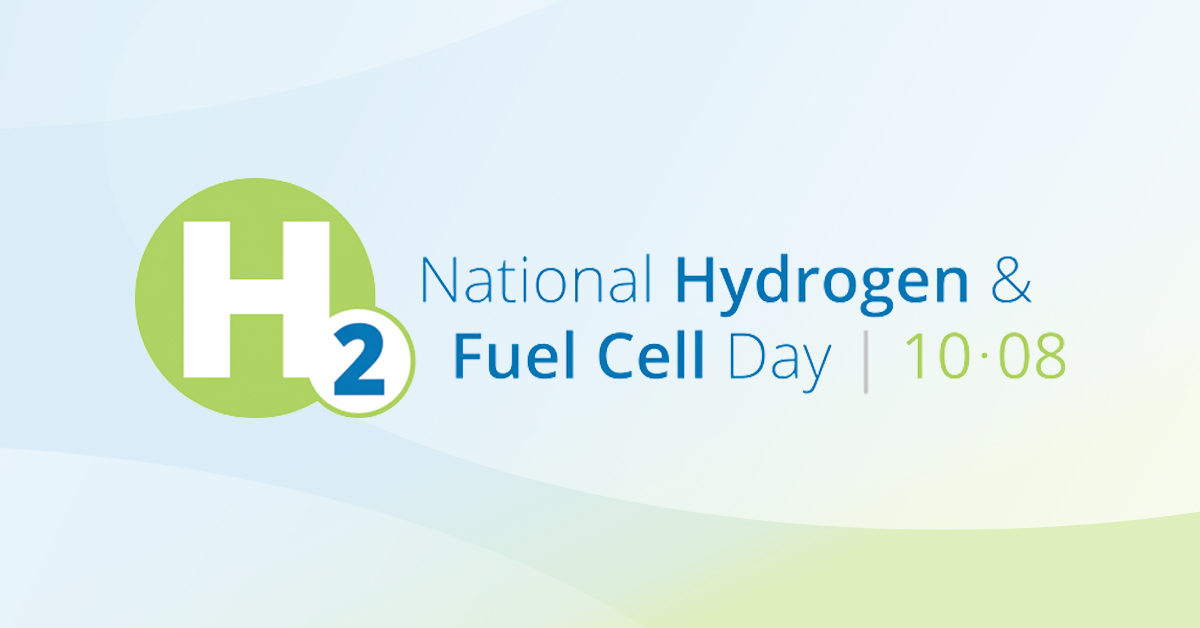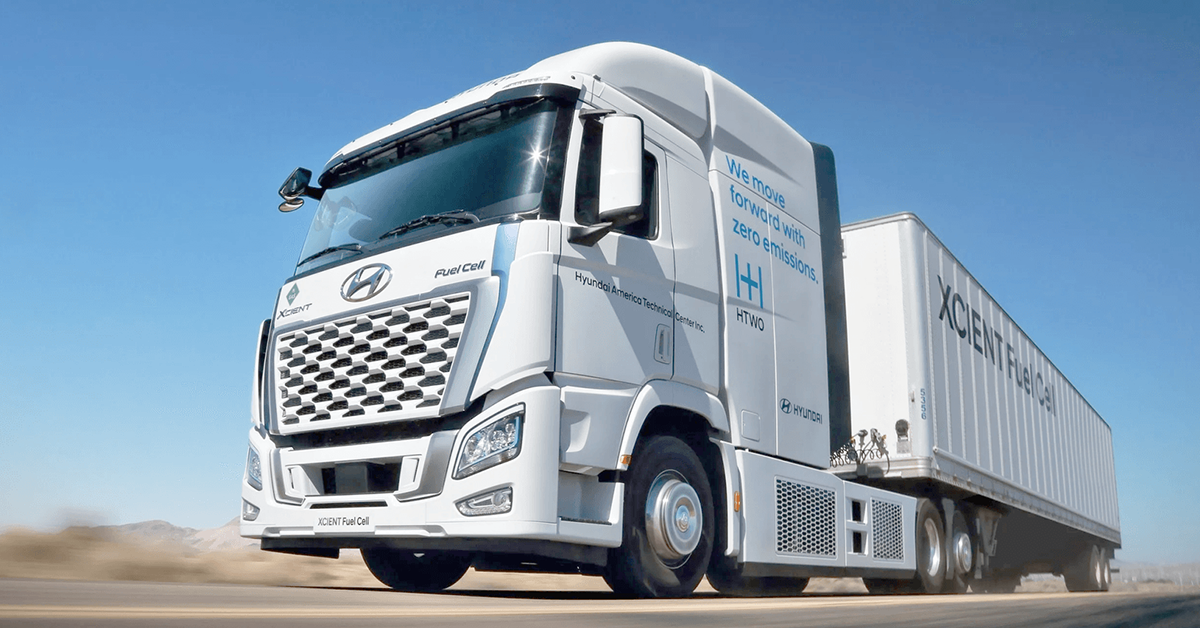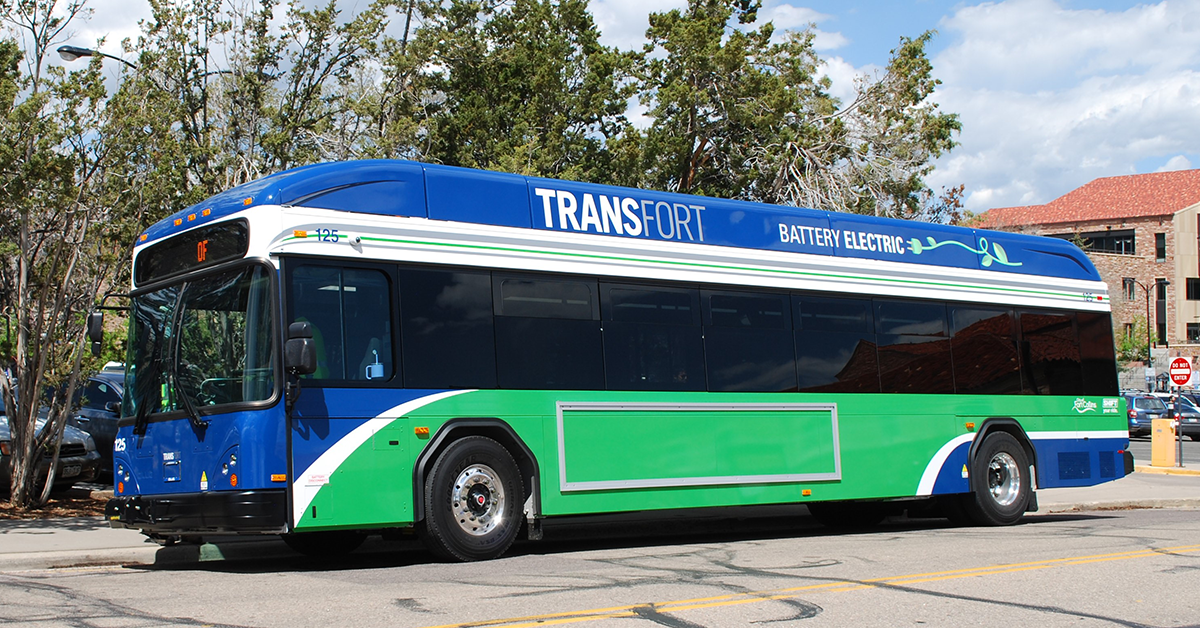Celebrating Hydrogen & Fuel Cell Day: Key Projects Driving Clean Transportation

National Hydrogen & Fuel Cell Day, recognized on October 8th (for hydrogen's atomic weight of 1.008), highlights the growing role of hydrogen technology in transportation. At the Center for Transportation and the Environment (CTE), we are focused on demonstrating and deploying fuel cell vehicles in medium-and heavy-duty applications across the US and Canada, proving that hydrogen as a transportation fuel is not just a concept for the future- but is economically and operationally viable today.
Here are several key projects and partnerships that demonstrate the progress we are making:
NorCAL ZERO: Heavy-Duty Hydrogen Trucks in Action
The NorCAL ZERO project is a prime example of hydrogen's application in heavy-duty freight. Supported by the California Air Resources Board (CARB), the California Energy Commission (CEC), the Alameda County Transportation Commission, and the Bay Area Air Quality Management District (BAAQMD), this project has deployed 30 Hyundai XCIENT fuel cell trucks. They operate daily out of the Port of Oakland and on regional routes throughout the Bay Area.
Performance Metrics:
• Range per Refuel: 450+ miles
• Fleet mileage as of June 2025: 500,000+ miles
• Fueling Infrastructure: Largest heavy-duty hydrogen fueling station in the world, capable of fueling 200 trucks per day
This project demonstrates that hydrogen is a practical solution for freight operations, delivering fueling speeds and ranges suited to demanding logistics. Battery-electric trucks often require large, heavy battery packs to achieve comparable range, which can cut into payload capacity. Hydrogen trucks avoid this trade-off, enabling fleets to meet range requirements while still carrying maximum freight.
Fuel Cell Electric Top Loader: Decarbonizing Port Operations
CTE successfully demonstrated hydrogen technology in cargo handling with the Fuel Cell Electric Top Loader (FCETL) project. Developed with CTE member companies Hyster-Yale Material Handling and Nuvera, these machines used a combination of fuel cells and hybrid batteries for efficient, zero-emission performance at the Port of Los Angeles with Fenix Marine Services.
Building on this success, CTE is leading a next-generation FCETL demonstration at TraPac's Port of Oakland. Two new FCETLs, developed by Hyster-Yale with Nuvera fuel cell engines, will operate in regular container handling service for one 8-hour shift daily, five days per week. A Wet-Hose Mobile Refueler, operated by GTL Leasing, will provide on-site refueling in under 20 minutes, replicating diesel-like turnaround times and minimizing operational impact.
Replacing diesel-powered top loaders not only cuts emissions - it improves the economics of port operations. Hydrogen refueling keeps pace with diesel in turnaround time, preserving productivity, while reduced maintenance demands mean fewer service interruptions. Over time, these factors make fuel cell equipment cost-competitive, particularly for equipment that operates continuously in high-utilization environments.
Supporting the Hydrogen Fuel Cell Bus Council (HFCBC)
CTE plays a key strategic role in the Hydrogen Fuel Cell Bus Council (HFCBC), a national coalition of transit agencies, manufacturers, and technology providers committed to advancing hydrogen bus adoption. HFCBC members, including CTE-member companies BAE Systems, New Flyer, and SunLine Transit Agency, have helped put over 1,000 hydrogen buses into service globally.
CTE's support includes:
- Program Management: Coordinating member efforts and expanding Council initiatives
- Technical Guidance: Sharing practical lessons from fleet deployments, fueling infrastructure, and maintenance
- Outreach and Advocacy: Engaging with agencies and funders to promote zero-emission public transit
Transit agencies across the U.S. are finding that hydrogen buses can deliver reliable service with low lifetime costs. Fuel cell drivetrains contain fewer moving parts than diesel engines, reducing maintenance costs and downtime, while fast refueling and long ranges support operational efficiency.
The Path Forward
Hydrogen Fuel Cell Day is an opportunity to recognize the significant progress made in zero-emission transportation. Projects like NorCAL ZERO and the fuel cell electric top loader, along with strategic partnerships like the HFCBC, demonstrate that hydrogen technology is not only environmentally effective but also economically competitive in demanding medium- and heavy-duty applications.
By continuing to invest in and deploy these proven technologies, we can achieve meaningful reductions in emissions while supporting critical economic and operational goals.





